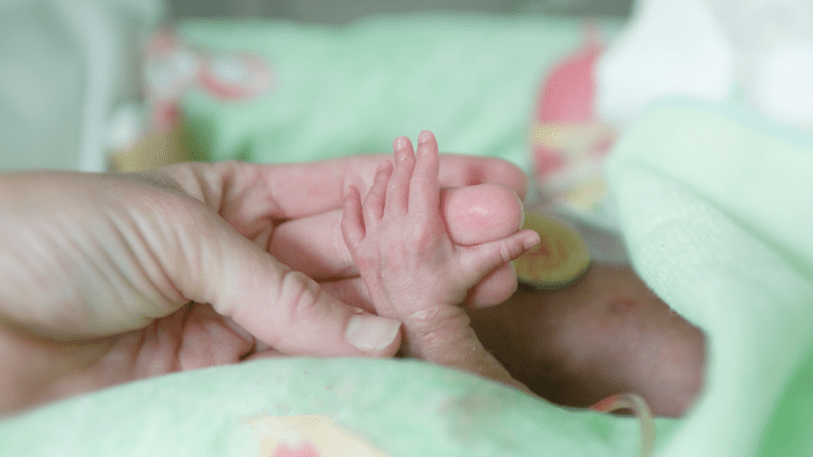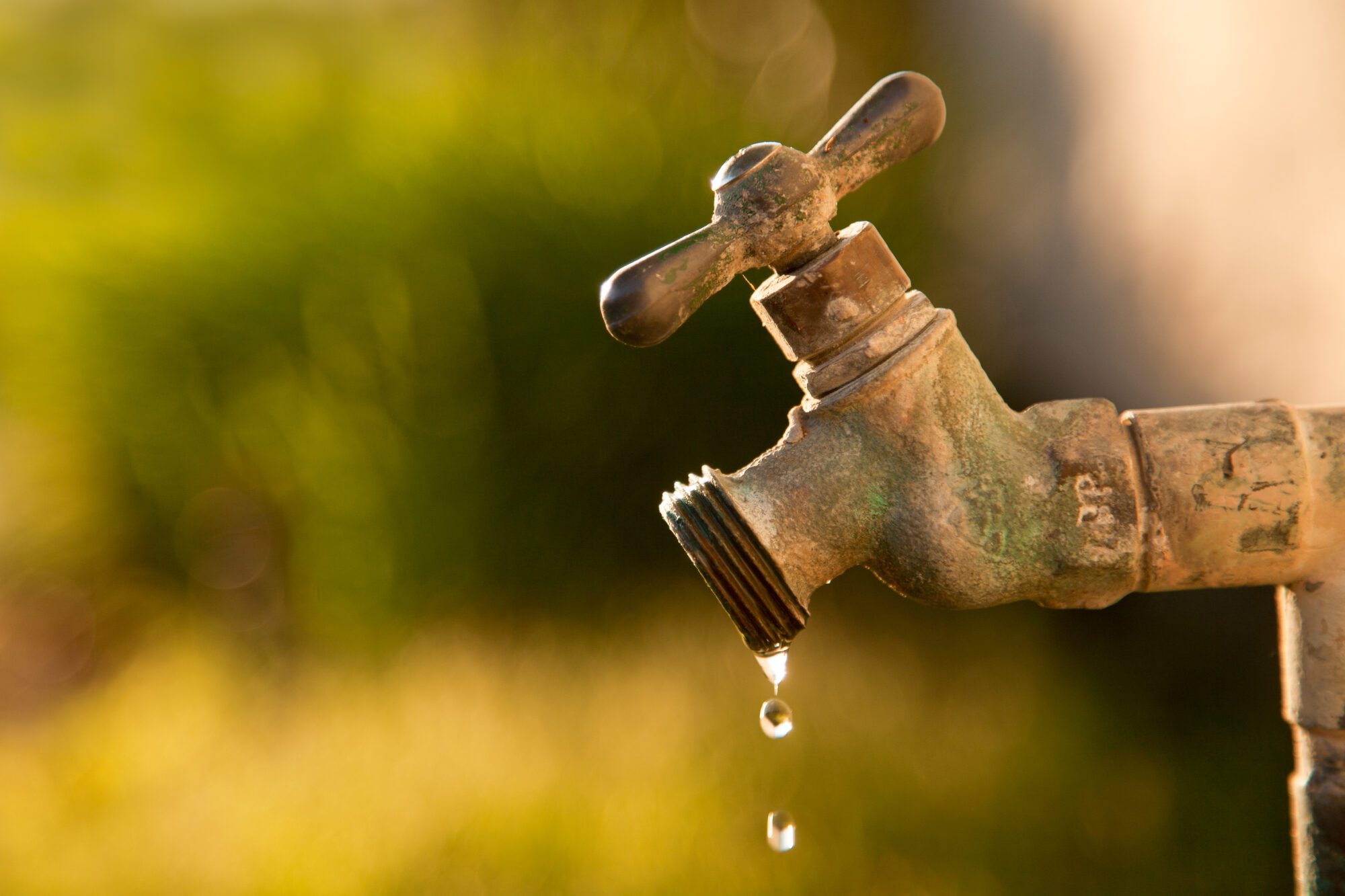
- Christina Dent and Caroline Beidler explores how jailing mothers devastates families and societies.
Women are the fastest-growing segment of the incarcerated population, growing by more than 500% between 1980 and 2020. This gives America the unwelcome distinction of incarcerating more women per capita than any other country in the world.
Because our jails and prisons generally aren’t built in high-traffic areas, it’s easy for the number of incarcerated people to rise dramatically without most of us even knowing. But the children don’t forget.
What affects mothers affects their children. And what affects families always affects the fabric of society.
Children whose mothers have been incarcerated are at higher risk of behavioral issues and mental health conditions. A child with a parent who has been incarcerated is both significantly more likely to use drugs and six times more likely to develop a substance use disorder. These negative outcomes aren’t a result of these children “being bad;” they happen because these children have suffered and are struggling to grapple with the trauma of losing their parent. The intent of incarceration may be a short-term slap on the wrist, but the impact is generational. The decisions made in a 15-minute court hearing will impact decades of family and community health.
Meghann Perry knows the pain of incarceration well. She spent years cycling in and out of it, including the moment above when she was pregnant with her daughter.
“Incarceration did nothing to address the underlying causes of my challenges. It caused me to be cut off from my support systems and inflicted even more trauma, exacerbating one of the primary reasons I used substances: to manage my fragile mental health and trauma symptoms,” Meghann shares. “More significantly, it inflicted even more pain on my daughter than she was already experiencing. She was the one who paid the greatest price for my incarceration. And the time I served did nothing to help me be a good mother to my child.”
Millions of women struggle with addictions like Meghann’s every year, but only about a quarter of them receive treatment. Even though they’re all struggling with the same health crisis, thousands find themselves arrested as Meghann was, instead of being offered help. Each year more than 178,000 women are arrested for drug possession, with over 50,000 arrested for marijuana possession. Women also face greater addiction stigma and discrimination than men do, often leading them not to seek the help they need. Mothers face even greater levels of stigma.
There’s also a notable gap in recovery support services and addiction treatment tailored for women.
This is critical given that the vast majority of incarcerated women struggle with a drug addiction and meet the criteria for a Substance Use Disorder.
There are helpful alternatives that America and states like Tennessee can provide for mothers in response to substance use disorders instead of relying on punishment to correct a health crisis. Recognizing that incarceration is incredibly costly to society and does not address the underlying reasons a woman is using drugs, authorities could forgo arresting women for drug possession alone.
For women who are already incarcerated, increasing diversion programs and creating more educational and vocational opportunities for women will help them have the best chance at thriving when they come home. Improving access to recovery support services and treatments that address women’s needs and offer childcare could encourage more women to get help early in their addictions. Far more family-supportive addiction treatment options are needed.
Women who are primary caregivers but lack a strong support community find it very hard to access treatment when they still need to be home to take care of their children. Instead of just punishing them for their struggle, we could shift those resources to increase the amount of help they can viably access. Additionally, public health campaigns aimed at reducing the stigma around addiction could encourage more women to seek help before their addiction harms their families.
Addressing these challenges will lead to better addiction treatment and recovery support for mothers, moving away from the trend of high incarceration rates.
Today, Meghann Perry has been in recovery for years, has a restored relationship with her daughter, and owns her own business teaching others how to reduce stigma through storytelling. But her success today doesn’t remove the scars of the past.
“The damage to my family from my incarceration is irreparable. There is a better way to address the challenges that drive justice involvement for women. We need healing, not more suffering,” she says.










